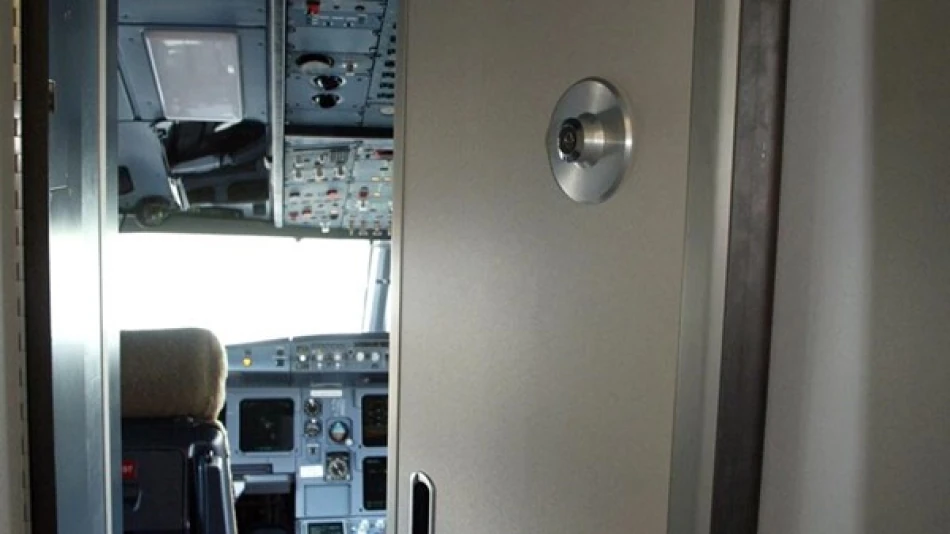
Pilot Arrested for Leaving Cockpit Door Unlocked Mid-Flight
British Airways Pilot Suspended for Opening Cockpit Door Mid-Flight to Show Off to Family
A British Airways pilot has been suspended after allegedly leaving the cockpit door open during a transatlantic flight so his family members aboard could watch him fly the aircraft. The incident, which occurred on a London Heathrow to New York JFK route, highlights ongoing tensions between aviation safety protocols and human behavior at 35,000 feet, ultimately forcing the cancellation of a return flight and disrupting dozens of passengers' travel plans.
The Incident That Grounded a Career
According to reports, the pilot's decision to keep the cockpit door open during the flight was motivated by a desire to impress his family members who were traveling as passengers. The gesture backfired spectacularly when fellow crew members and passengers raised concerns about the breach of safety protocols, prompting an immediate internal investigation by British Airways.
The airline took swift action, suspending the pilot upon landing and cancelling the scheduled return flight to Heathrow on August 8th. This decision left passengers stranded temporarily, though the majority were rebooked on alternative flights and reached their destination within four hours of their original schedule.
Aviation Security vs. Human Nature
Post-9/11 Protocols Under Scrutiny
The incident underscores the rigid security measures implemented across global aviation following the September 11, 2001 attacks. Cockpit doors on commercial aircraft are now reinforced and must remain locked during flight, with strict protocols governing when and how they can be opened. These measures, while essential for security, create a sterile environment that can clash with pilots' natural human impulses.
The pilot's actions, while understandably motivated by family pride, represent a significant departure from standard operating procedures that have become sacred in modern aviation. Even brief openings of cockpit doors require coordination with cabin crew and adherence to specific safety checks.
Industry Standards and Enforcement
Major airlines worldwide maintain zero-tolerance policies for cockpit security breaches. Similar incidents have resulted in permanent terminations at carriers like United Airlines and Lufthansa, making British Airways' decision to eventually reinstate the pilot somewhat unusual in the industry context.
Financial and Operational Impact
The immediate suspension created a ripple effect typical of airline operations. Flight cancellations cost carriers an average of $75,000 to $150,000 when factoring in rebooking expenses, crew repositioning, and compensation. For British Airways, already managing post-pandemic operational challenges, such incidents add unnecessary strain to tight scheduling and crew availability.
From a reputational standpoint, the incident reinforces public perception challenges facing airlines as they balance strict security measures with customer service expectations. Passengers increasingly expect transparency and communication, yet incidents like this highlight how quickly operational decisions can spiral into public relations challenges.
Resolution and Return to Service
Following a comprehensive investigation, British Airways concluded that no actual security risk had materialized during the flight. The pilot has since returned to active duty, suggesting the airline viewed this as a judgment error rather than a malicious act or fundamental safety concern.
This outcome reflects a pragmatic approach by British Airways' management, likely weighing the pilot's overall safety record, training costs for replacement crew, and the distinction between protocol violation and genuine security threats. The decision also signals that airlines are developing more nuanced approaches to disciplinary actions, particularly when human factors rather than malicious intent drive policy breaches.
The incident serves as a reminder that even experienced aviation professionals can make split-second decisions that compromise established safety protocols, and that the aviation industry continues to navigate the complex balance between human nature and operational security in an era of heightened awareness.
Most Viewed News

 Layla Al Mansoori
Layla Al Mansoori






